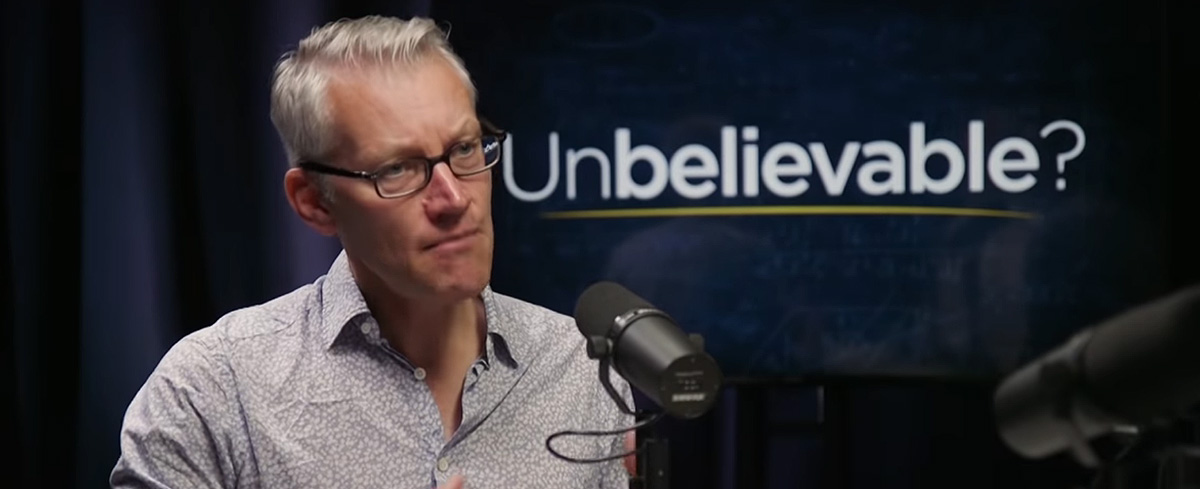Agnostic historian and author Tom Holland initially believed Christianity ushered in “an age of superstition and credulity.” It’s a commonly held notion among non-Christians that Christianity held back culture until the Enlightenment.
But as Holland advanced in his research he soon discovered how little we have in common with the ancient pagan world, and just how much we owe to Christianity. It was the birth of Christianity that shaped much of what we value in Western society in terms of human rights, culture, and rule of law.
In an article posted in the New Statesman titled, Why I was wrong about Christianity, Holland explains: “In my morals and ethics, I have learned to accept that I am not Greek or Roman at all, but thoroughly and profoundly Christian.”
“Familiarity with the biblical narrative of the crucifixion has dulled our sense of just how completely novel a deity Christ was… Most of us who live in post-Christian societies still take for granted that it is nobler to suffer than to inflict suffering. [Christianity] is why we generally assume that every human life is of equal value.”
Last week Holland sat down with N.T. Wright and Justin Brierley to discuss further how Paul the Apostle changed the world.
“Compacted into this very, very small amount of writing [the Apostle Paul’s letters] was almost everything that explains the modern world… [Not just the Western world], but also the way that the West has then moved on to shape concepts like international law for instance… the concepts of human rights, all these kind of things.
“Ultimately, they don’t go back to Greek philosophers, they don’t go back to Roman imperialism. They go back to Paul. His letters, along with the four Gospels are the most influential, the most impactful, the most revolutionary writings that have emerged from the ancient world.”
WATCH:





















